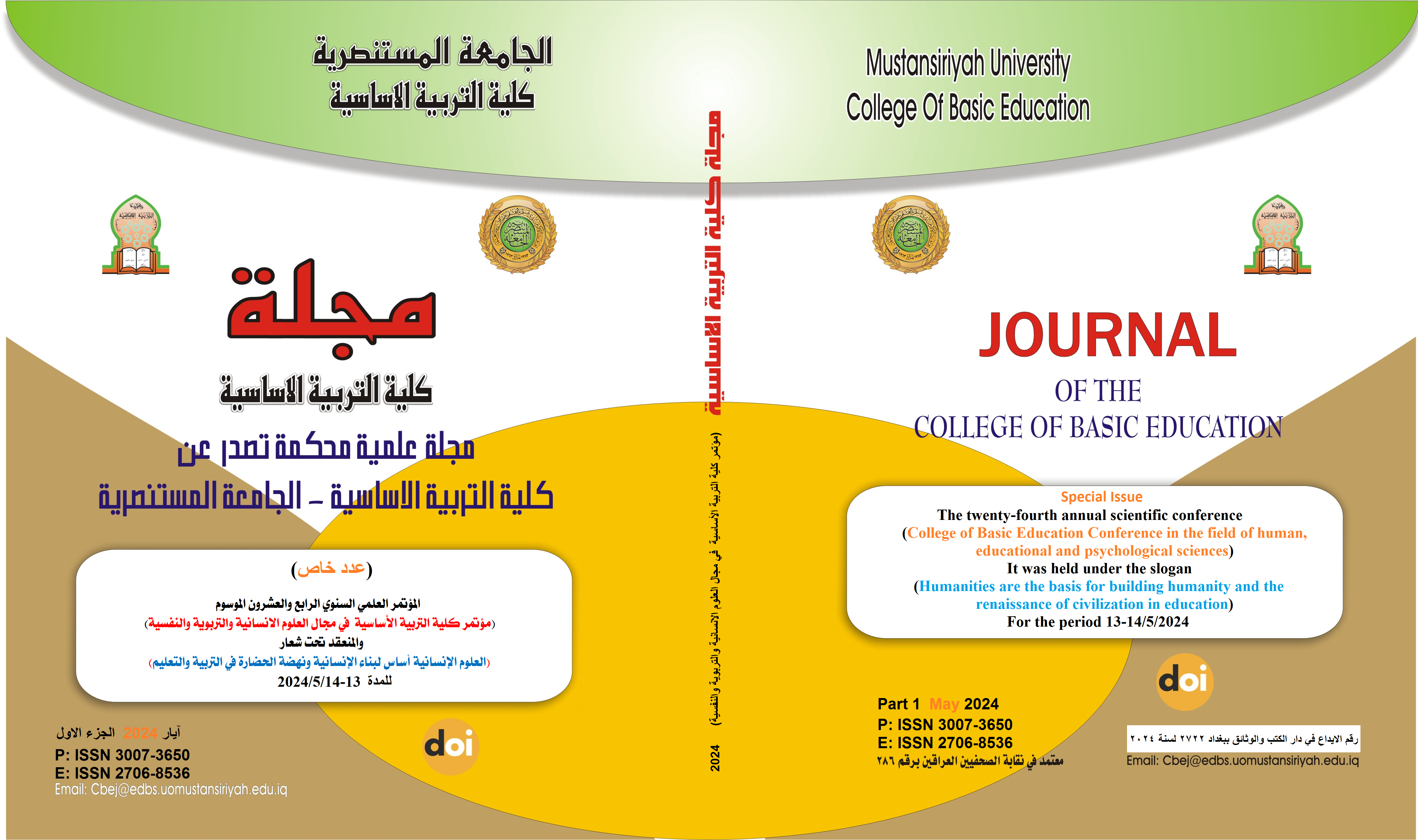The Power Of Reminiscence In Hemingway’s The Old Man And The Sea
Main Article Content
Abstract
Older people are more likely to stay sturdy by selectively concentrating on and remembering their past experiences. This can enhance their quality of life and emotional welfare. In The Old Man and the Sea by Ernest Hemingway, memory, reminiscence in particular, plays a crucial role. In the sea, Santiago, the protagonist of the novella, relies on memories to rise to the challenges he faces alone. This paper is a psychological reading of Ernest Hemingway’s The Old Man and the Sea in the light of Wong and Watt taxonomy of reminiscence. The taxonomy categorizes reminiscence into six types, some of them are associated with successful aging. Those types are: narrative, integrative, transmissive, escapist, instrumental, and obsessive, which the study attempts to identify throughout the narrative. The study also examines the function of each type along the novella according to Wong and Watt’s classification, and how throughout the novella, Santiago’s reminiscing about his past experiences, concentrating more on triumphs and successes, motivates him to resume his adventurous solitary journey.
Article Details

This work is licensed under a Creative Commons Attribution-ShareAlike 4.0 International License.
